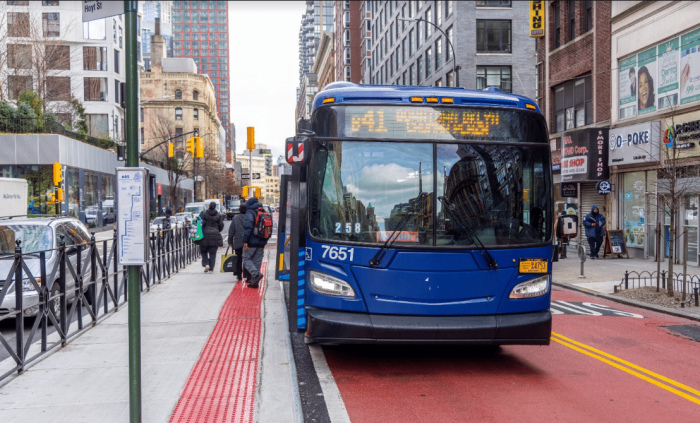By William Lewis
The term “democracy” has various forms. It can be seen by the differences in the United States’ and British forms of government.
In the United States, the chief executive of our nation is indirectly elected to office. In Britain, the same is true. The people vote to elect members of the House of Commons and the political party that gets the most votes picks a prime minister. In the USA, after the national election is held, the Electoral College chooses our president, regardless of the popular vote.
In Britain the prime minister acts as an adviser to the monarch, Queen Elizabeth, although the queen holds no official role in government. The prime minister and his cabinet would be reluctant, however, to initiate major policy changes without the queen’s support.
In France, for example, the executive branch is divided between the president and the prime minister, although the president of the country has the final say. It can be said in both countries that the popular vote is of secondary importance. Therefore we see that the Electoral College and House of Commons have the final say in who will lead their respective countries.
It could be said that Great Britain has a prime minister who is a member of Parliament. The monarch holds no official position.
In the United States the president is the only chief executive. But the chief justice of the Supreme Court seems to be getting more authority in making government policy through interpretation of laws. In the legislative branch both nations have two legislative bodies. The United States has the U.S. Senate and the House of Representatives. Great Britain has the House of Commons and the House of Lords. Both of our legislative bodies share in creating laws.
In Great Britain the House of Lords has very little authority. The House of Commons has the final word in most legislative matters. The prime minister and her cabinet are all members of the House of Commons, or on occasion, a member of the House of Lords. Just by comparing our two democratic forms of government, we can see the difference in democracies.
In Great Britain there are no term limits on the prime minister and her cabinet or on the House of Commons. They can serve in these positions as long as they are re-elected. In the United States the president is restricted to two four-year terms of office. There are no term limits in the House of Representatives or U.S. Senate.
The legal system in both countries seems to be considerably different. In Britain no court can nullify a law passed by the House of Commons. Great Britain has no formal constitution. By contrast, the United States has a formal constitution which the federal courts can interpret. Therefore, if the courts choose to, they can invalidate laws passed by our Congress and signed by our president.
We hope our democratic forms of government will remain intact. This form of government, democracy, has lasted for a long time.

































